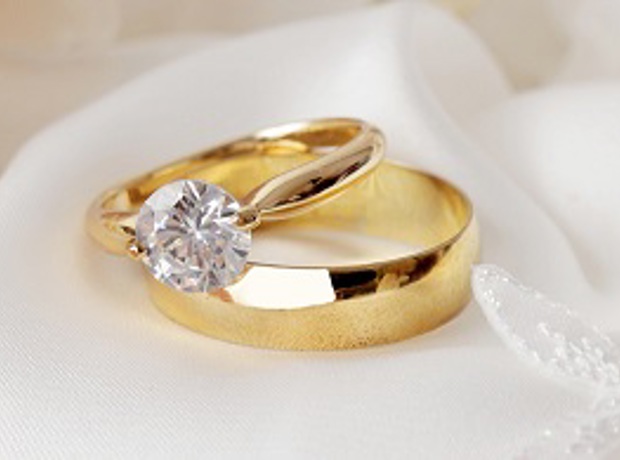The number of applications for child arrangements orders made by grandparents is increasing.
It is, unfortunately, a sad fact that some grandparents do not have contact with their grandchildren. There are a variety of reasons for this including family fall-outs between the parents and grandparents, the separation of the parents, the relocation of a family many miles away and a death in the family which has caused communications to fail.
Legal Resources and News
Read jargon-free articles and guidance pieces written in-house by our solicitors and keep up to date with what's happening at Neves.
It is natural that where a marriage has broken down, there is usually at least one party feeling angry, sad, disappointed, or a mixture of all of those things. It is therefore very easy for a divorce (and any associated financial or children-related matters) to become a forum for airing those feelings and for parties to lose sight of what matters: moving on in the way which is most conducive to a positive future.
Men are not automatically prejudiced by the legal system on divorce. However, most men will have heard horror stories about women getting the lion share of the money and children’s time. This is often where men have accepted the role of main breadwinner within the household. For most men, the steps they take immediately after the decision to separate is crucial in determining how much time they will spend with their children and the financial cost to them.
What happens to the Engagement and Wedding Rings when a relationship breaks down?
Senior Associate, Heidi Fleming, explains:
Clients often ask me what will happen to their engagement ring on separation where they are unmarried and to their wedding rings on divorce.
The bitterest disputes are those which usually could have been avoided easily by taking the right steps at the right time.
This includes disputes about property between people who lived together in a relationship. This often relates to property which they jointly occupied but which, may be registered in the name of only one of them.















